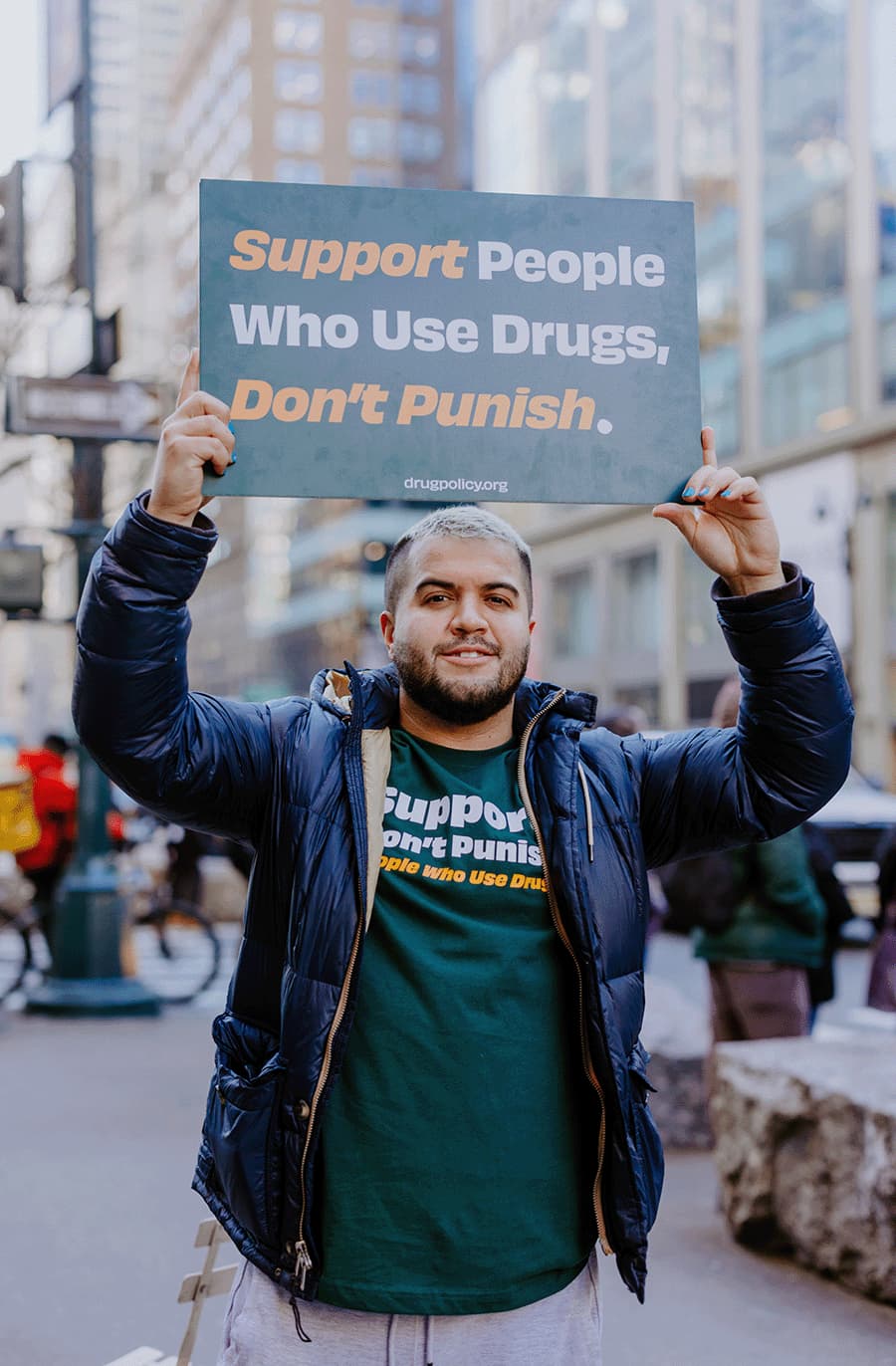
<p>
Meghan Ralston 323-681-5224 or Whitney Englander 202-730-5035</p>
LOS ANGELES—The American Medical Association, the nation’s largest physician organization, voted yesterday at their annual policy meeting in Chicago to formally endorse community-based naloxone distribution programs and other opioid overdose prevention services. The new AMA naloxone policy also encourages the education of health care workers and opioid users about the use of naloxone in preventing opioid overdose fatalities.
Naloxone, a generic drug, has been used to reverse opiate overdose for drugs such as heroin and methadone for over 40 years in the United States. Accidental fatal drug overdose has recently become the leading cause of injury-related death in the United States, surpassing deaths attributed auto accidents for the first time. More than 15,000 people die each year from prescription painkiller (opioid) overdose alone.
“It’s an important day when an organization as credible, respected and influential as the American Medical Association definitively states what overdose prevention advocates have known for years—that community-based naloxone access is essential in addressing the overdose crisis. The time has come for all major health organizations to support expanded access to it,” said Drug Policy Alliance’s harm reduction coordinator Meghan Ralston. “We hope that this marks a turning point in how naloxone is championed and integrated into all plans to address opiate overdose fatalities.”
A recent Centers for Disease Control and Prevention report indicates that community-based naloxone distribution has likely prevented over 10,000 overdose fatalities over the past decade. While many states are expanding access to the overdose reversal medicine naloxone (also called Narcan) via community programs such as syringe exchanges, many governmental agencies and state health departments have been slow to embrace the efficacy, safety and strong science behind the affordable, generic drug.
The Food and Drug Administration recently held hearings to determine if naloxone should no longer be made available exclusively by prescription. The national movement to position naloxone as an over- or –behind-the-counter non-prescription drug could benefit from this statement of AMA support of expanded access to naloxone. “It’s quite possible that the FDA, and potentially even the Office of National Drug Control Policy, will react favorably to this statement by the AMA,” said Bill Piper, director of National Affairs for the Drug Policy Alliance. “The formal support from the AMA could bring reassurance to several agencies, organizations and departments across the country that have been on the fence about whether to fund naloxone access programs.”
Whitney Englander, government relations manager for the Harm Reduction Coalition (HRC), said, “The Harm Reduction Coalition has been working with the AMA to get naloxone integrated into their policy positions, and we are so pleased to see that the position has officially been adopted. HRC will continue to work with the AMA to leverage outreach opportunities.”
“Fatalities caused by opioid overdose can devastate families and communities, and we must do more to prevent these deaths,” said AMA board member Dr. Patrice A. Harris. “Educating both physicians and patients about the availability of naloxone and supporting the accessibility of this lifesaving drug will help to prevent unnecessary deaths.”

Your $1 becomes $2 to power the urgent fight to end marijuana prohibition and repair the harms of the drug war. Don’t miss your chance to fight for justice!
